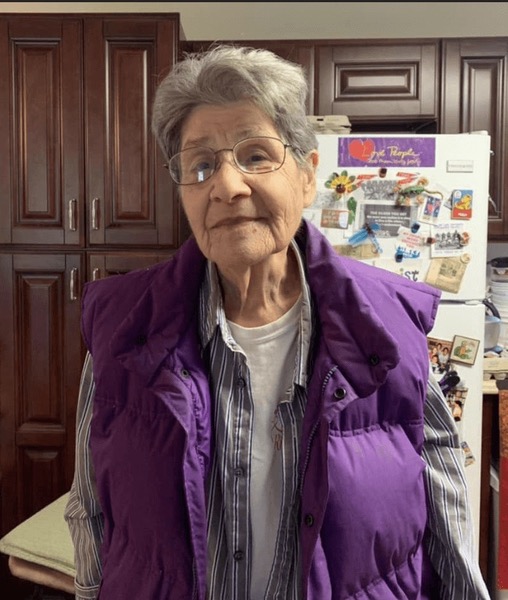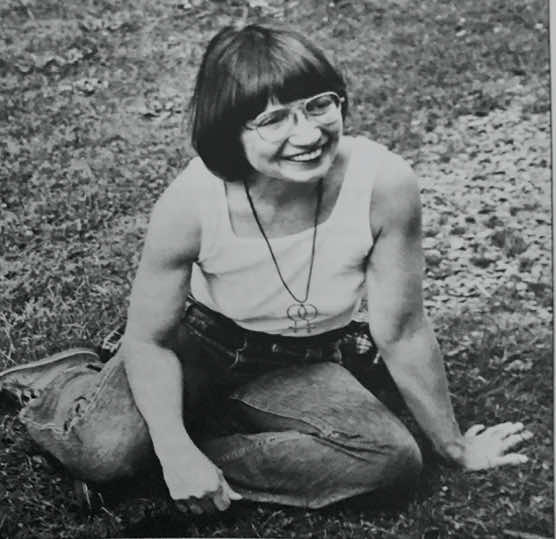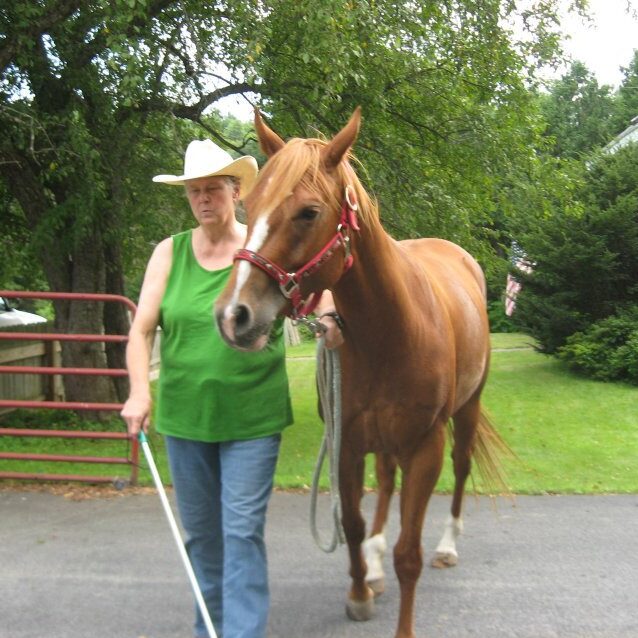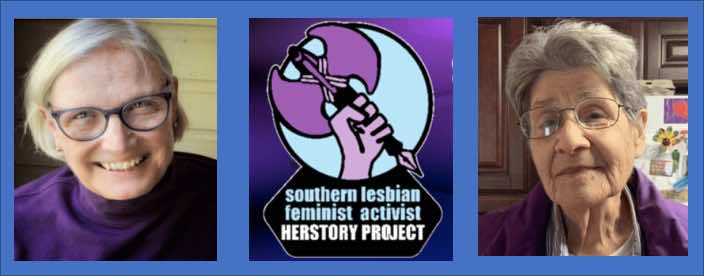Merril Mushroom: Lifelong Feminist Butch, Radical Advocate, and so much more
Merril Mushroom came out in the 1950s in Miami Beach, Florida, where she experienced homophobia and racism while learning the rules of being butch or femme. A lifelong butch, she has written scores of articles about lesbian life, including a play, Bar Dykes, that has been produced in San Francisco, California; New York City; and other cities in between. Her interview describes growing up Jewish in a city with signs saying “No Jews Allowed,” teaching elementary school in Harlem in the 1960s, and moving to rural middle Tennessee, where she has lived since the 1970s.




